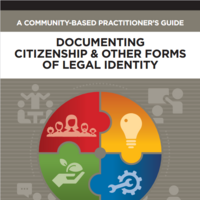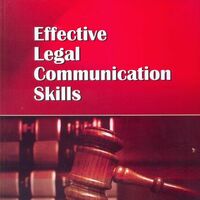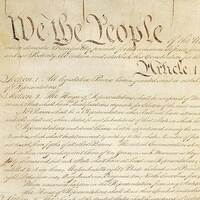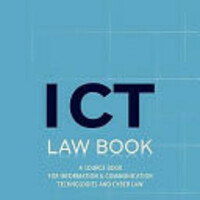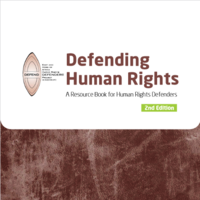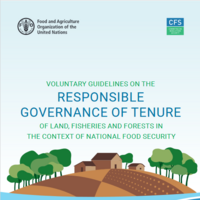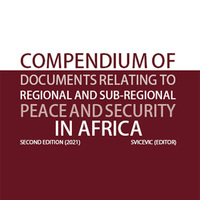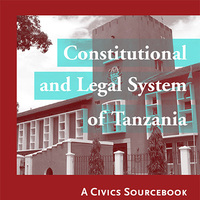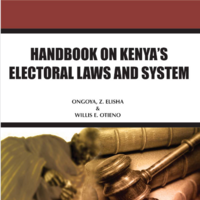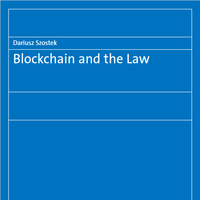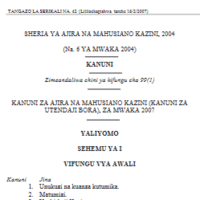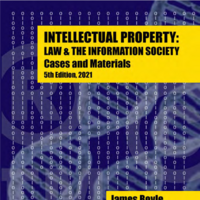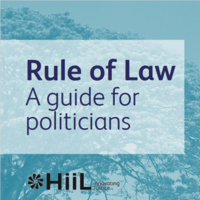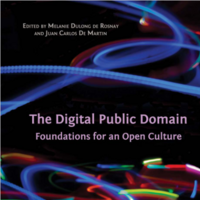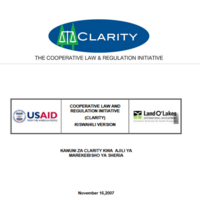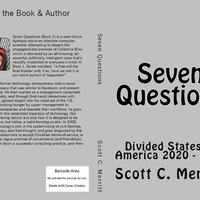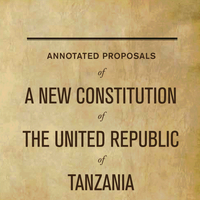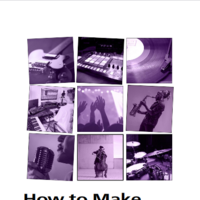Search
Books+
Searching 1,730 books
Search related to the career Attorney
Attorneys draft various legal documents, including:
1. Contracts: Attorneys draft contracts to formalize agreements between parties, such as business contracts, employment contracts, lease agreements, and purchase agreements.
2. Wills and Trusts: Attorneys draft wills to specify how a person's assets should be distributed after their death. They also draft trusts to manage and distribute assets during a person's lifetime or after their death.
3. Legal Complaints and Petitions: Attorneys draft legal complaints to initiate a lawsuit on behalf of their clients. They also draft petitions for various legal purposes, such as filing for divorce, seeking child custody, or requesting a court order.
4. Legal Opinions: Attorneys provide legal opinions in the form of written documents to advise clients on specific legal matters or to interpret the law in a particular context.
5. Corporate Documents: Attorneys draft corporate documents, including articles of incorporation, bylaws, shareholder agreements, and partnership agreements, to establish and govern the operations of businesses and organizations.
6. Intellectual Property Documents: Attorneys draft intellectual property documents, such as patents, trademarks, and copyrights, to protect their clients' inventions, brands, and creative works.
7. Court Briefs and Pleadings: Attorneys draft court briefs and pleadings to present arguments and legal positions to the court during litigation. These documents include motions, memoranda, appellate briefs, and responses to opposing parties' filings.
8. Settlement Agreements: Attorneys draft settlement agreements to formalize the resolution of legal disputes between parties, outlining the terms and conditions agreed upon by both sides.
9. Powers of Attorney: Attorneys draft powers of attorney documents to grant someone the authority to act on behalf of another person in legal, financial, or medical matters.
10. Employment Documents: Attorneys draft employment-related documents, such as employment contracts, non-disclosure agreements, non-compete agreements, and severance agreements, to protect the rights and obligations of employers and employees.
11. Real Estate Documents: Attorneys draft real estate documents, including purchase agreements, deeds, mortgages, lease agreements, and property transfer documents, to facilitate property transactions and protect the interests of buyers, sellers, and landlords.
12. Immigration Documents: Attorneys draft immigration-related documents, such as visa applications, petitions, and immigration forms, to assist individuals in navigating the complex immigration process.
Please note that this is not an exhaustive list, and attorneys may draft many other types of legal documents depending on the specific needs and circumstances of their clients.
Source: Various AI tools
